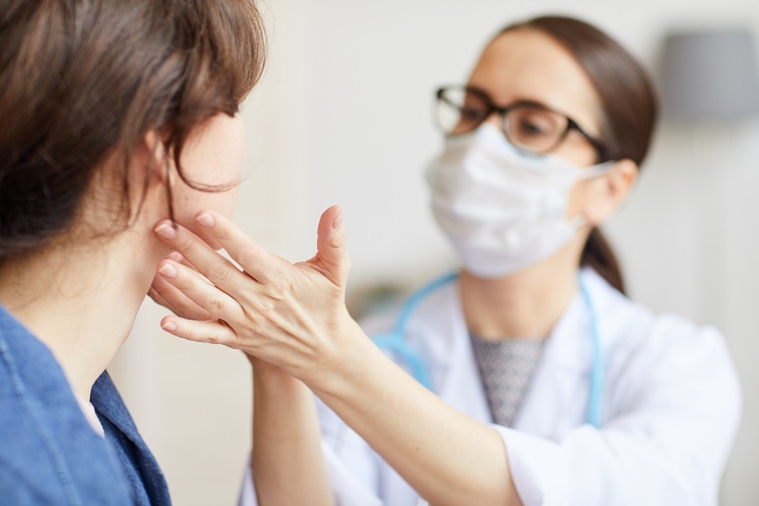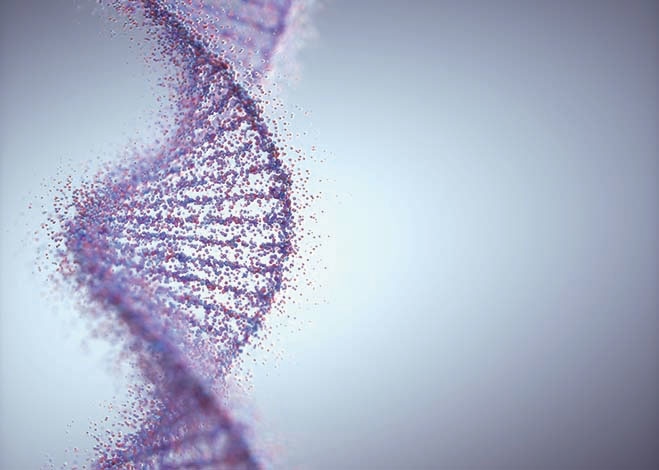Understanding Post-Stroke Depression: Signs, Causes and Treatment
May 11, 2023

A stroke is a life-altering experience. Survivors often deal with many complications, including mobility issues, memory loss, pain, and difficulty speaking or understanding language. Studies have also shown that mental health problems are common after a stroke. Many people who are recovering from a stroke will experience intense emotions and may be diagnosed with depression.
What Is Post-Stroke Depression?
Post-stroke depression is a mood disorder that occurs after a stroke. It’s common: 1 in 3 stroke survivors will experience depression during recovery.
The following symptoms may be indicators of post-stroke depression:
- Feelings of sadness, anxiousness, irritability, hopelessness or worthlessness
- Thoughts of suicide
- Loss of interest in activities that used to be enjoyable
- Difficulty sleeping or sleeping more than normal
- Fatigue or persistent tiredness
- Restlessness
- Loss of appetite
- Considerable weight changes
If you have had a stroke and experience these symptoms, or you notice them in a loved one, talk to a mental health provider about treatment options, which may include a combination of medication and talk therapy.
If you are experiencing suicidal thoughts or need support, call or text 988 for compassionate, confidential support for free.
What Causes Depression After a Stroke?
Many factors contribute to post-stroke depression. During a stroke, oxygen-rich blood is unable to reach the brain because of a blocked or ruptured artery. This causes damage to the brain, which may lead to a person being unable to feel positive emotions, particularly when the stroke affects the part of the brain that processes emotions.
Psychological changes may also play a role in post-stroke depression. A stroke is usually an unexpected, unplanned medical event, and survivors often feel a sense of shock. People who have had a stroke can also experience frustration with their new limitations, which may include loss of mobility, difficulty processing language and a lack of independence. These significant changes can contribute to feelings of depression, even in people who did not experience depressive episodes before their stroke.
The following risk factors may increase the likelihood of depression after a stroke:
- History of smoking
- Hypertension
- Peripheral artery disease
- History of stroke
- Diabetes
- Severe cognitive or physical impairment
- Lack of social support during recovery
Read More: How to Identify and Prevent a Stroke
When Does Post-Stroke Depression Occur?
Post-stroke depression affects everyone differently. One in 3 survivors experience depression within five years of their stroke (with a higher probability during the first year). According to the U.K.’s Stroke Association, anxiety may also occur, either by itself or often accompanying depression. About 1 in 4 people who have a stroke will experience anxiety within five years.
Increased Chances of Recurrent Stroke
Depression can increase the likelihood of negative outcomes during stroke recovery. According to the American Heart Association, stroke survivors who experience depression may be less likely to participate in rehabilitation, which can directly impact the recovery of the body and brain. In fact, people with post-stroke depression are more likely be dependent on others in their day-to-day life than stroke survivors without depression.
Additionally, post-stroke depression is associated with a higher possibility of having another stroke. One study found that the risk of recurrent stroke for people with post-stroke depression is twice that of people without depression who are recovering from a stroke. The risk of death is also higher for up to five years.
Because managing post-stroke depression is vital to health outcomes, it is important to include mental health as part of a total stroke recovery care plan. Talk to your provider if you are concerned about post-stroke depression and ask for a referral to a mental health professional. If you are experiencing depression after a stroke, there is hope: Treating it with antidepressants has been found to increase cognitive outcomes and survival rates.
Impact of a Stroke on Caregiver Burden
After a stroke, a person may become dependent on others for care, particularly when experiencing a loss of mobility, decreased cognitive function and difficulty with speech. Often, a close family member becomes the primary caregiver. This role can include giving physical and emotional assistance, coordinating medical care and providing for everyday needs.
Naturally, this is a busy role — and it can be easy to feel overwhelmed, burned out and alone during this time. In fact, studies have found that as many as half of all stroke caregivers might experience depression.
Providing care after a loved one has had a stroke is a challenging job, and it’s important to prioritize your well-being, too. Try these steps:
- Take time for yourself. If needed, coordinate a visit from a professional caregiver so you can get away for a few hours.
- Practice self-care. Go for a walk, journal, do yoga or create some art.
- Join a stroke caregiver support group.
- Ask other family members, neighbors or friends to help so you can have a break.
- Call the American Stroke Association’s family “warmline” for support, information and a listening ear.
- Know the signs of depression and seek help from a behavioral health professional if you experience symptoms.


